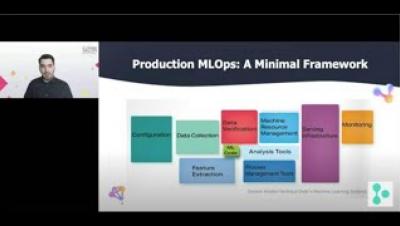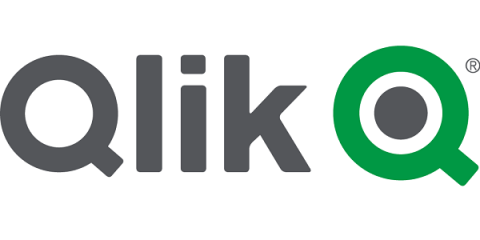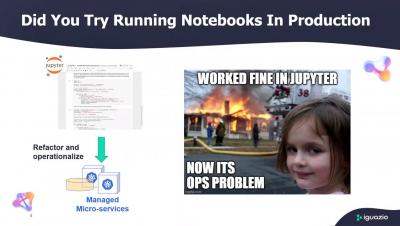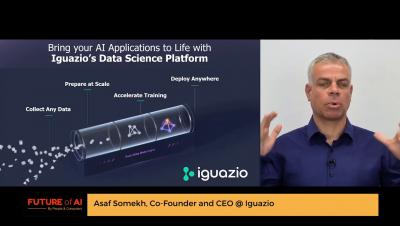Systems | Development | Analytics | API | Testing
Machine Learning
The Importance of Data Storytelling in Shaping a Data Science Product
Artificial intelligence and machine learning are relentlessly revolutionizing marketplaces and ushering in radical, disruptive changes that threaten incumbent companies with obsolescence. To maintain a competitive edge and gain entry into new business segments, many companies are racing to build and deploy AI applications.
Top 10 AI & Data Podcasts You Should Be Listening To
With the speed of change in artificial intelligence (AI) and big data, podcasts are an excellent way to stay up-to-date on recent developments, new innovations, and gain exposure to experts’ personal opinions, regardless if they can be proven scientifically. Great examples of the thought-provoking topics that are perfect for a podcast’s longer-form, conversational format include the road to AGI, AI ethics and safety, and the technology’s overall impact on society.
How to Build Real-Time Feature Engineering with a Feature Store
Simplifying feature engineering for building real-time ML pipelines might just be the next holy grail of data science. It’s incredibly difficult and highly complex, but it’s also desperately needed for multiple use cases across dozens of industries. Currently, feature engineering is siloed between data scientists, who search for and create the features, and data engineers, who rewrite the code for a production environment.
Enabling The Full ML Lifecycle For Scaling AI Use Cases
When it comes to machine learning (ML) in the enterprise, there are many misconceptions about what it actually takes to effectively employ machine learning models and scale AI use cases. When many businesses start their journey into ML and AI, it’s common to place a lot of energy and focus on the coding and data science algorithms themselves.
Democratizing Machine Learning Capabilities With Qlik Sense and Amazon SageMaker
The ability to discover insights from past events, transactions and interactions is how many customers currently utilize Qlik. Qlik’s unique approach to Business Intelligence (BI) using an in-memory engine and intuitive interface has democratized BI for typical business users, who usually have little to no technical savvy. But, for many years, organizations have only been able to analyze metrics or KPIs of “what has happened” (i.e., descriptive analytics).










